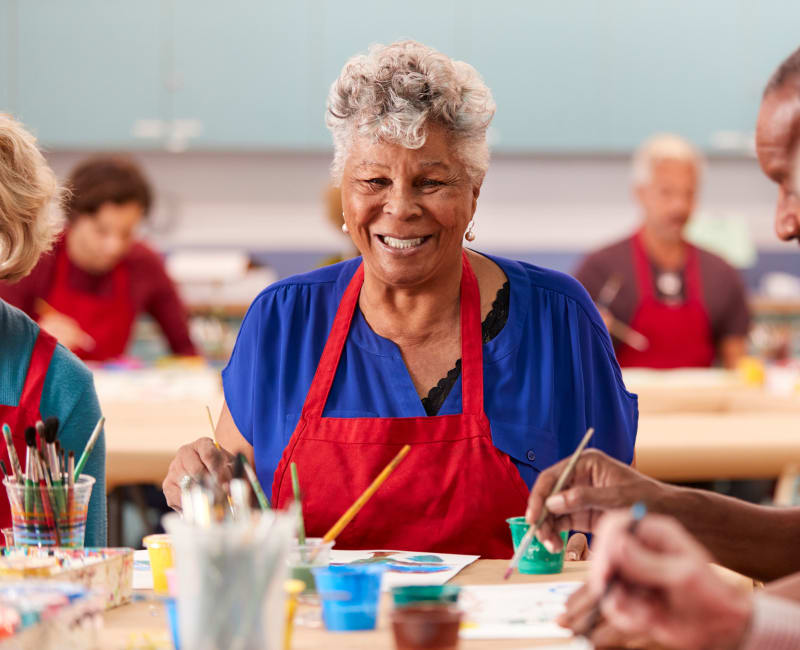Lasting Health: What Is Self-Care, and How Do You Practice It?
You may have heard the term “self-care” tossed around by health gurus, medical professionals, and even social media influencers if you’re tech savvy. But what exactly does that mean? While it may give you a vague image of bubble baths and pedicures, self-care can be so much more than simply treating yourself. We’ve compiled a list of self-care ideas to not only explain the concept, but help you practice it yourself.
What Is Self-Care?
The simple answer is that self-care means taking care of yourself. It means keeping your body healthy, your mind sharp, and your mood positive. The World Health Organization officially defines self-care as “the ability of individuals, families, and communities to promote health, prevent disease, maintain health, and cope with illness and disability with or without the support of a health worker.” However, that very specific and clinical definition doesn’t actually tell you a lot about what self-care is or how to achieve it, especially as an older adult.
How Do You Practice Self-Care?
There’s no one answer for how to “correctly” practice self-care, because everyone is different. However, a good starting point is to find something that you can do to improve your health and mood. Here are a few general self-care tips that you can customize to fit your personal wants and needs:
We hope these self-care tips give you a good idea of what it means to practice self-care and why it’s important for your mental and physical wellbeing. For more information on maintaining your health and enhancing your daily life, visit Ebenezer Senior Living’s blog.
- Pay attention to hygiene. You don’t have to have a full-service bath every day, especially if it’s a difficult or time-consuming task for you. Wash your face and hands often, and make sure to wear clean clothes every day. Being hygienic not only helps you stay healthy – it can also improve your mood (and that of those around you).
- Eat well. You don’t have to completely wean yourself off your favorite treats – in fact, a little sweet or snack every once in a while can improve your mood. You should make sure to eat three meals a day with plenty of variety, including meats, fruits, grains, and leafy greens. If you aren’t feeling up to a whole meal, try to at least have a nutritious drink instead to keep your body on the right track.
- Find an enriching hobby. If you already have a hobby you enjoy, like listening to audiobooks, taking walks, or watching a daily movie, keep it up! It’s important to do things that bring you joy in order to keep your mood up. If you’re looking for a new hobby, there’s plenty of options. Try learning a new skill like crocheting, join a yoga class at your local gym or senior living community, or start journaling.
- Maintain social connections. Whether it’s regular calls with family members or lunch dates with your friends, seeing and speaking to other people is always good for your mental health. In addition to keeping regular appointments, it’s a good idea to plan special excursions, like a walk outside with a friend or a lunch out with a loved one.
At The Fields at Arbor Glen, we offer a variety of social activities that include physical fitness, lifelong learning, intergenerational programs, and just plain fun! Residents have enjoyed playing pickleball this summer, and hiking on the trails around the neighborhood. We have a few trips planned to the city for shopping and theater events this fall, and our men’s group gets together often for breakfast and conversation.
Self-Care Tips
We hope these self-care tips have given you a good idea of why it’s important for your mental and physical wellbeing. If you’re thinking of making a move to an active adult community and for ways to improve your health and happiness, give us a call at 612-504-6760



